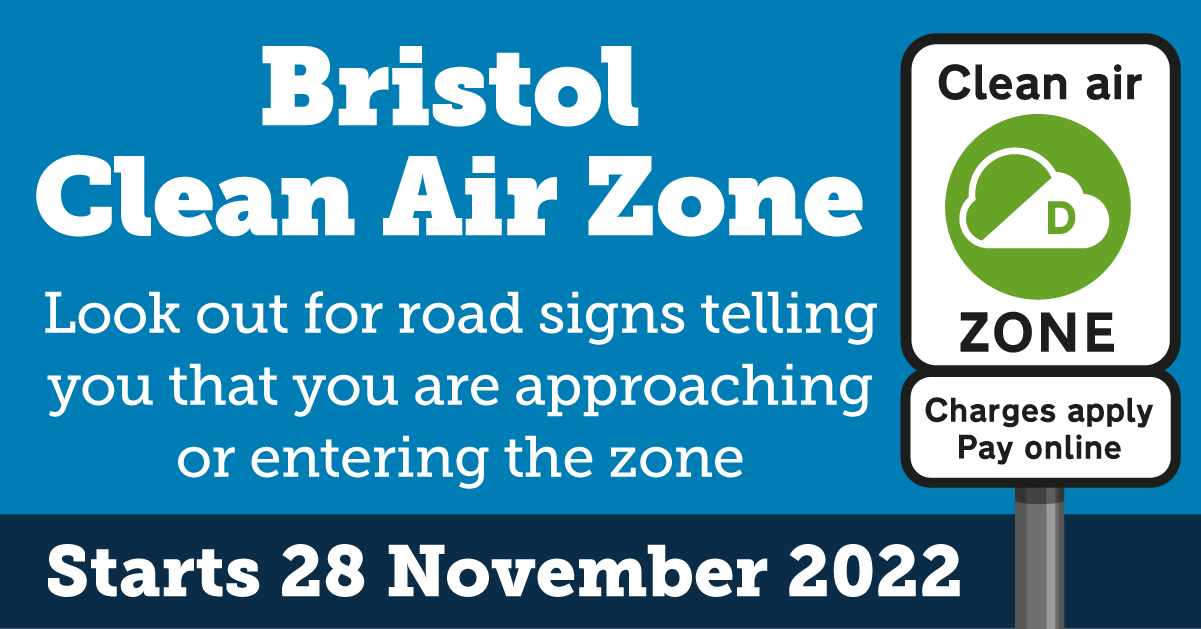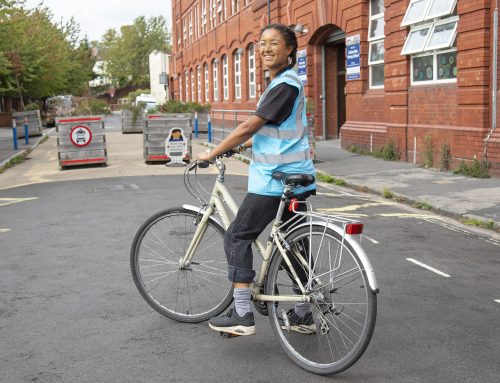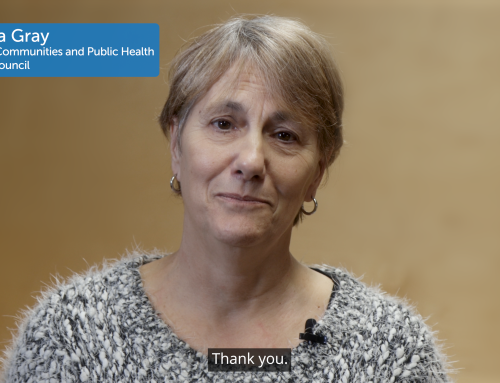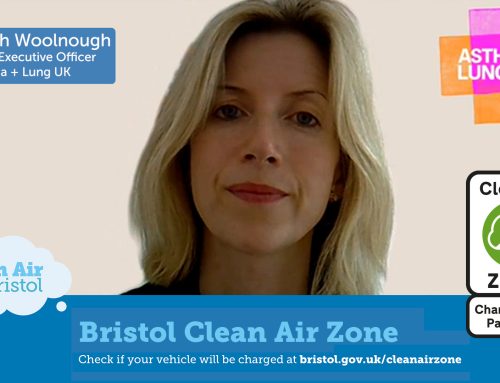Bristol’s Clean Air Zone launches on Monday, 28 November 2022.
Still have some questions about the zone and how it works? Read on to find out more about what the zone is, why Bristol is launching one, and answers to some common Clean Air Zone myths.
“Bristol’s Clean Air Zone is just another congestion zone.”
Bristol’s Clean Air Zone differs from a congestion zone, which you might see in cities like London. Congestion charging aims to help reduce the number of cars that enter an area, while Clean Air Zones aim to improve air quality by discouraging high emission vehicles from entering the zone.
The council has a moral and legal duty to ensure the city’s air quality meets the legal limits of air pollution in the shortest possible time. This is a legal requirement and something we’ve been directed to do by government. There are specific areas within Bristol that have particularly poor air quality and it is our responsibility to correct this.
Pollution from vehicles causes low birth weight of babies, impaired lung development in small children, and is also a contributing factor in the onset of heart disease and premature death.
“The council isn’t supporting people.”
We secured £42 million to help reduce air pollution in Bristol, a larger amount than other cities. This has enabled us to offer packages of support to both residents and businesses so they can upgrade their vehicles and make changes to the way they travel. Through our active travel support, we have given out over 8,100 credits so far so people can try using e-scooters, bikes, or taking the bus or train instead of using the car for every journey.
“Bristol’s Clean Air Zone is basically a diesel ban.”
No vehicles are banned from entering Bristol’s Clean Air Zone, but older and more polluting vehicles may be charged.
“Vehicles have to be brand new or electric in order to avoid the charge.”
Your vehicle doesn’t have to be brand new or electric to be compliant in Bristol’s Clean Air Zone. If you haven’t already, check your vehicle using the government’s vehicle checker now: www.gov.uk/clean-air-zones
Your car may already meet the zone’s emission standards. But if not, you could consider switching your vehicle. There are lots of second-hand vehicles that won’t be charged in the Clean Air Zone. As a rule of thumb, charges will not apply to:
- Euro 4, 5 and 6 petrol vehicles (roughly 2006 onwards)
- Euro 6 diesel vehicles (roughly end of 2015 onwards)
“Vehicles that don’t pay road tax shouldn’t have to pay.”
The purpose of the Clean Air Zone is to address a public health crisis, and it targets nitrogen dioxide (NO2). These emissions cause serious health issues and are disproportionately emitted by diesel engines. The vehicle tax emissions are different as they relate to greenhouse gas emissions (such as carbon dioxide) that contribute to climate change.
There are a number of locations in Bristol that exceed the legal limits for air pollution, most of which are in the city’s central area, including outside the Children’s Hospital. The zone will improve our air quality in the shortest time by reducing harmful NO2 emissions from vehicles.
“All cities should have the same Clean Air Zone charges.”
We’re all responsible for cleaning up the air, however, each city has different populations, densities, and needs. Bristol is introducing a Small CAZ D – the same class of zone as Birmingham. Both Bristol and Birmingham have significantly more vehicles travelling through them than smaller cities like Bath, Portsmouth, and Bradford, and are therefore more affected by pollution.
Charges for the Clean Air Zone have been agreed with national government to address illegal and harmful levels of air pollution in Bristol. The charges are in line with those for other Clean Air Zones and are set at a level to encourage people to consider what impact their vehicles are having on Bristol’s air quality.
“The zone will be disruptive as Park and Rides don’t operate on Sundays and there aren’t any alternatives.”
While Brislington and Long Ashton Park and Rides don’t operate on Sundays, Portway Park and Ride is open seven days a week. If you’re looking for alternative and more sustainable routes around Bristol, you can register for free active travel vouchers, giving you the choice of Voi scooter credits, bike vouchers, bus and train tickets, and more. Visit the council website to find out more: www.bristol.gov.uk/caz
“If diversions are in place, it will force people to enter the zone.”
If there is a planned road closure, there will always be a well signposted diversion route that does not enter the zone. If there is a reactive closure such as a road traffic accident, the Clean Air Zone cameras will be temporarily switched off. If you are still incorrectly charged due to a road closure, then you will be able to appeal this.
If you would like any further advice regarding Bristol’s Clean Air Zone starting on Monday, 28 November, please contact cazsupport@bristol.gov.uk or call 0117 9036385.






